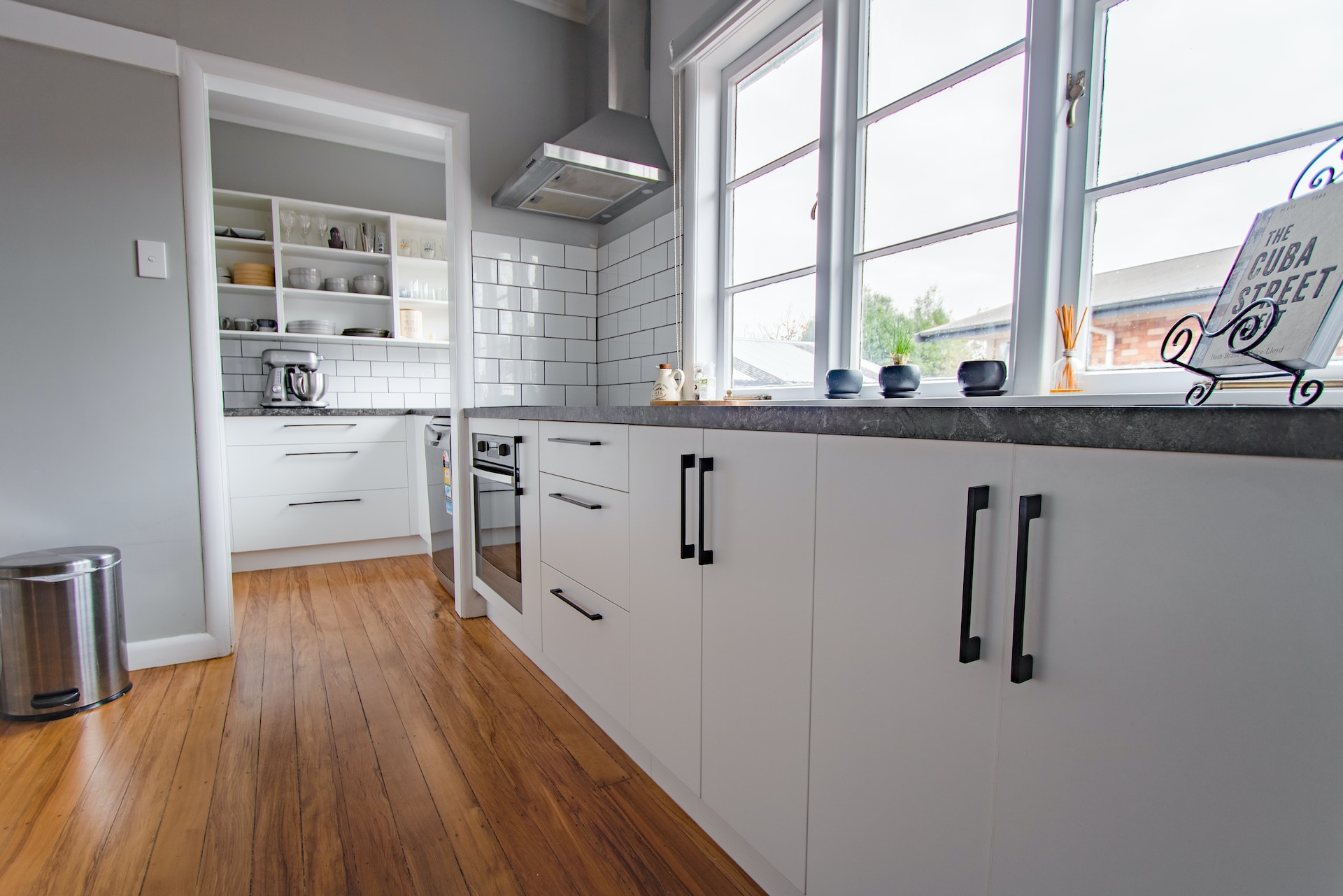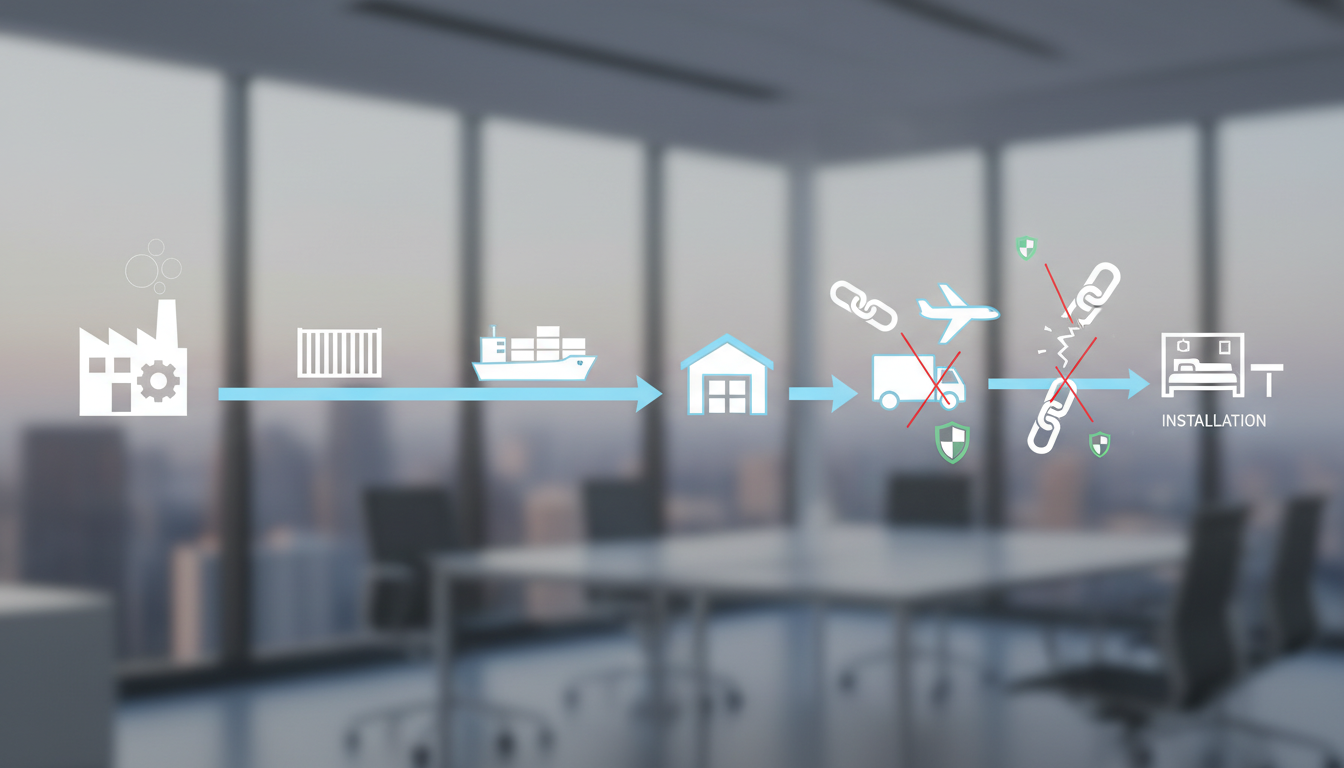Choosing the right flooring for your kitchen is crucial as it not only affects the overall aesthetic appeal but also plays a significant role in terms of functionality and durability. With a wide range of options available in the market, it can be overwhelming to decide which flooring material best suits your kitchen. In this comprehensive guide, we’ll walk you through the important factors to consider and provide valuable insights to help you make an informed decision.
1. Assess Your Kitchen’s Needs
Before diving into the various flooring options, it is essential to assess your kitchen’s specific needs. Consider factors such as foot traffic, moisture levels, and the presence of spills or stains. Understanding these requirements will help determine the most suitable flooring material for your kitchen.
2. Consider Durability
As the kitchen is a high-traffic area prone to spills and heavy usage, durability should be a top priority. Opt for flooring materials known for their resistance to scratches, stains, and water damage. Some durable options to consider include ceramic tile, vinyl, and laminate flooring.
3. Evaluate Maintenance Requirements
Another crucial aspect to consider is the maintenance required for different flooring materials. Some flooring options may require regular sealing or polishing, while others may be low maintenance. Take into account your lifestyle and the amount of time you can dedicate to cleaning and maintaining the kitchen floor.
4. Think About Style and Aesthetics
The flooring of your kitchen should complement the overall style and aesthetics of the space. Consider the existing color scheme, cabinetry, and countertops when choosing a flooring material. Whether you prefer a classic, modern, or rustic look, there are flooring options available to match your preferred style.
5. Explore Different Flooring Materials
Now that you have evaluated your kitchen’s needs and preferences, let’s explore some popular flooring materials for kitchens:
a. Ceramic Tile
Ceramic tile is a versatile and durable option that comes in various colors, patterns, and finishes. It is resistant to water, stains, and scratches, making it an excellent choice for kitchens. Additionally, ceramic tile is relatively easy to maintain and clean.
b. Vinyl Flooring
Vinyl flooring is known for its affordability, durability, and wide range of design options. It is available in various styles, including sheets, tiles, and planks. Vinyl is resistant to water and stains, making it suitable for kitchens prone to spills.
c. Laminate Flooring
Laminate flooring offers the look of hardwood or stone at a more affordable price. It is durable, easy to clean, and resistant to scratches and stains. Laminate flooring is available in a wide range of styles, allowing you to achieve the desired aesthetic for your kitchen.
d. Hardwood Flooring
Hardwood flooring adds warmth and elegance to any kitchen. It is durable and can be refinished multiple times, extending its lifespan. However, hardwood may not be the best choice for kitchens with high moisture levels, as it is susceptible to water damage.
e. Cork Flooring
Cork flooring is a sustainable and eco-friendly option that provides cushioning and insulation. It is resistant to moisture and stains, making it suitable for kitchens. Cork flooring is available in various colors and patterns, offering a unique and natural look.
6. Consider Budget Constraints
When choosing the right flooring for your kitchen, it is important to consider your budget. Different flooring materials come at varying price points, so it’s essential to find a balance between your desired aesthetics and affordability. Remember to also consider long-term costs, such as maintenance and potential replacements.
7. Seek Professional Advice
If you’re still uncertain about which flooring material to choose, don’t hesitate to seek professional advice. Flooring experts can assess your kitchen’s specific requirements and provide tailored recommendations based on your needs and budget. By following these steps and considering the factors mentioned, you can confidently choose the right flooring for your kitchen. Remember, the ideal flooring material should not only enhance the visual appeal of your kitchen but also withstand the demands of everyday life.




